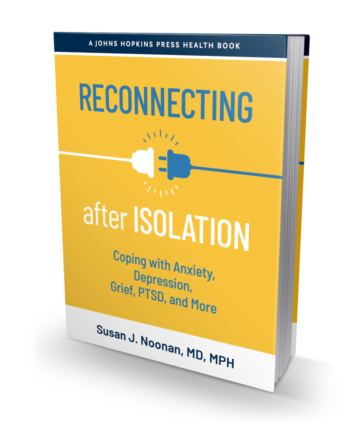I’ve been recently thinking about personal relationships and the fact that most of us are protective of the image we portray to others. We often don’t share, see or hear about the reality, the duller, gray or “B-side” of life. It gives us a distorted view of what others’ lives and experiences are like. We are left with the impression that life is or can be glowing or “perfect” and without distress – based on the partial information we are given or that we offer about ourselves. That can put us at a disadvantage in our personal and work relationships.
Some of you might wonder “What’s the ‘B-side?” Perhaps it dates me, but it’s an interesting concept that we find all around us. Here’s a little history behind that term. Way back when music was only produced on vinyl records, there were albums with many songs on them and “singles” with one song on each side. Most often, the “big hit” was put on one side of the single, and a much lesser known or creative song was placed on the other, called the “B-side.”
Transfer that concept to life as we know it. Most people want to look good in other’s eyes and avoid disclosing their human faults and frailties, mistakes, or bad outcomes in order to preserve a certain image. They want to let others know about their strengths and qualities and the good things they do or that happen to them and they hide the real facts of human life, the gray, darker and disappointing facts of their life or things that might embarrass them – the “B-side.” It happens to all of us to a certain extent. Some people might rave about getting a job promotion, owning a fancy car or new home, winning a competition, having a wonderful marriage and three “perfect” children, luxury items and travel, etc. It’s communicated verbally, during introductions and on social media postings. Many hide the other things – the normal ups and downs of human life – so as to present a certain but biased and fabricated image and be liked by others.
You might see this in family, friends, neighbors, classmates or work colleagues who freely talk up their accomplishments, grades, honors achieved, income, family, vacations, etc. Many want to give you a picture of themselves as successful in life and often fear admitting to the reality – perhaps of being on food stamps, going off of their diet, exercise or smoking cessation programs, things like that.
What’s so bad about hiding the “B-side”? For one, it does not lead to sound or trusting relationships. It’s a pretense that interferes with honest interactions. It also can lead to a sense of one’s having to compete with what is in reality an unrealistic and unattainable picture of life, causing emotional harm. I don’t encourage over-sharing or disclosing the personal realities or family secrets in a first meeting or with a casual acquaintance or co-worker, so at those times it’s good to filter, but not exaggerate, what you say. Just know that it does not lead to deep, meaningful or satisfying interpersonal experiences in the long run. Teens and adolescents are regularly exposed to hiding the B-side on social media and get a biased view of their peers and the reality of life. They haven’t reached the maturity to see beyond these postings.
How might we avoid this? I suggest that you approach each significant relationship by communicating your expectations of sharing and honesty. Think about how you want to present yourself to others, and in your deeper relationships try to disclose the “reality” of your life in small pieces, not all at once, and see how that’s received by the person. Unfortunately, not all family or significant persons in your life will be open to hearing certain things – they might be the ones you keep at an arm’s length distance without confiding in them.
And, in situations where it matters, listen to what others say with a sharp ear. If their hiding relevant information is an issue, communicate that you understand their temptation to appear “perfect” or in a certain image and empathize with those feelings. Diplomatically ask about statements that seem to be biased or exaggerated. This might feel awkward at first and will take practice – just remember the results will be beneficial to both of you. And that some of the B-side songs went on to be big hits!
Stay well!

